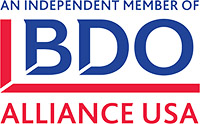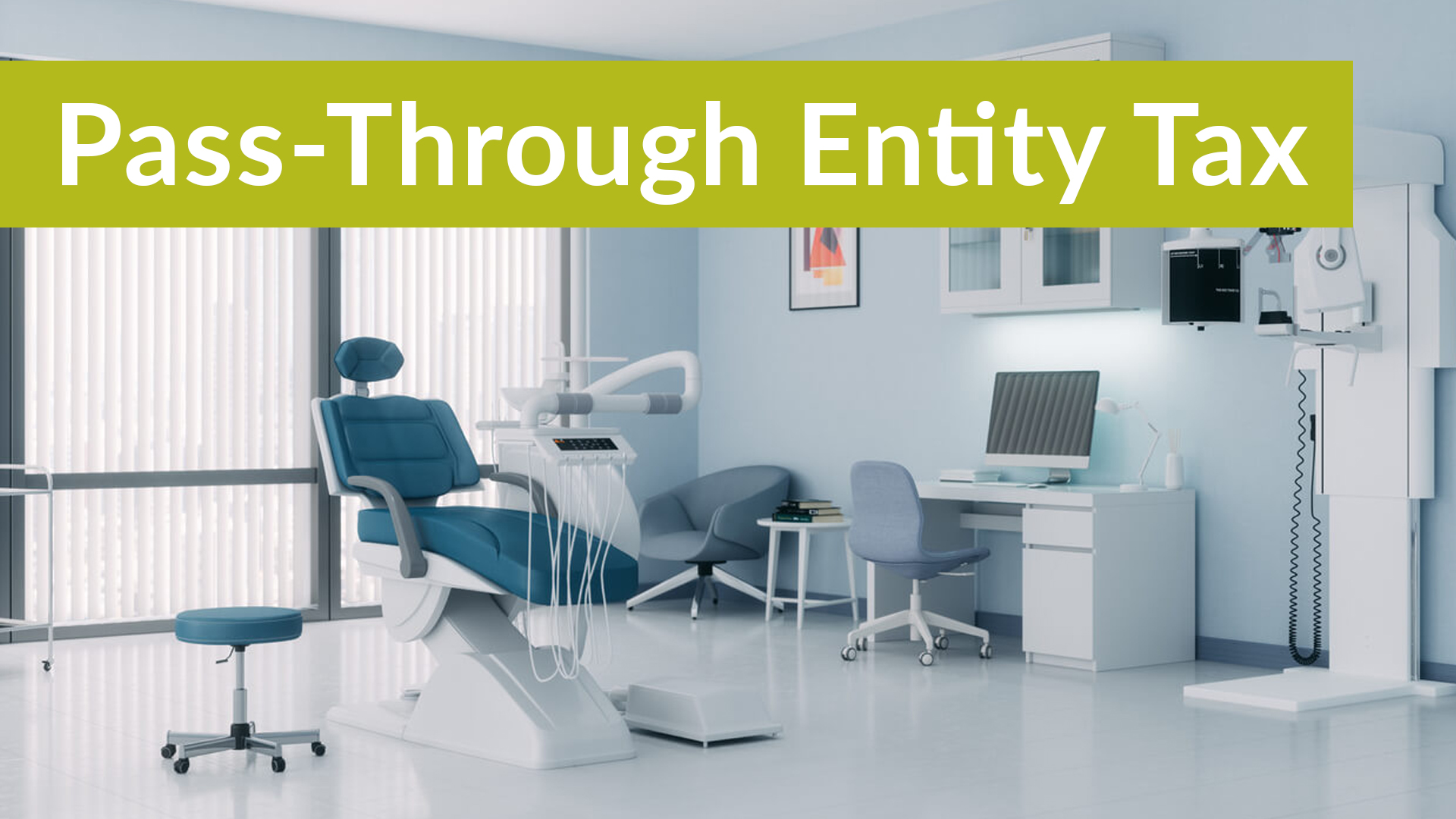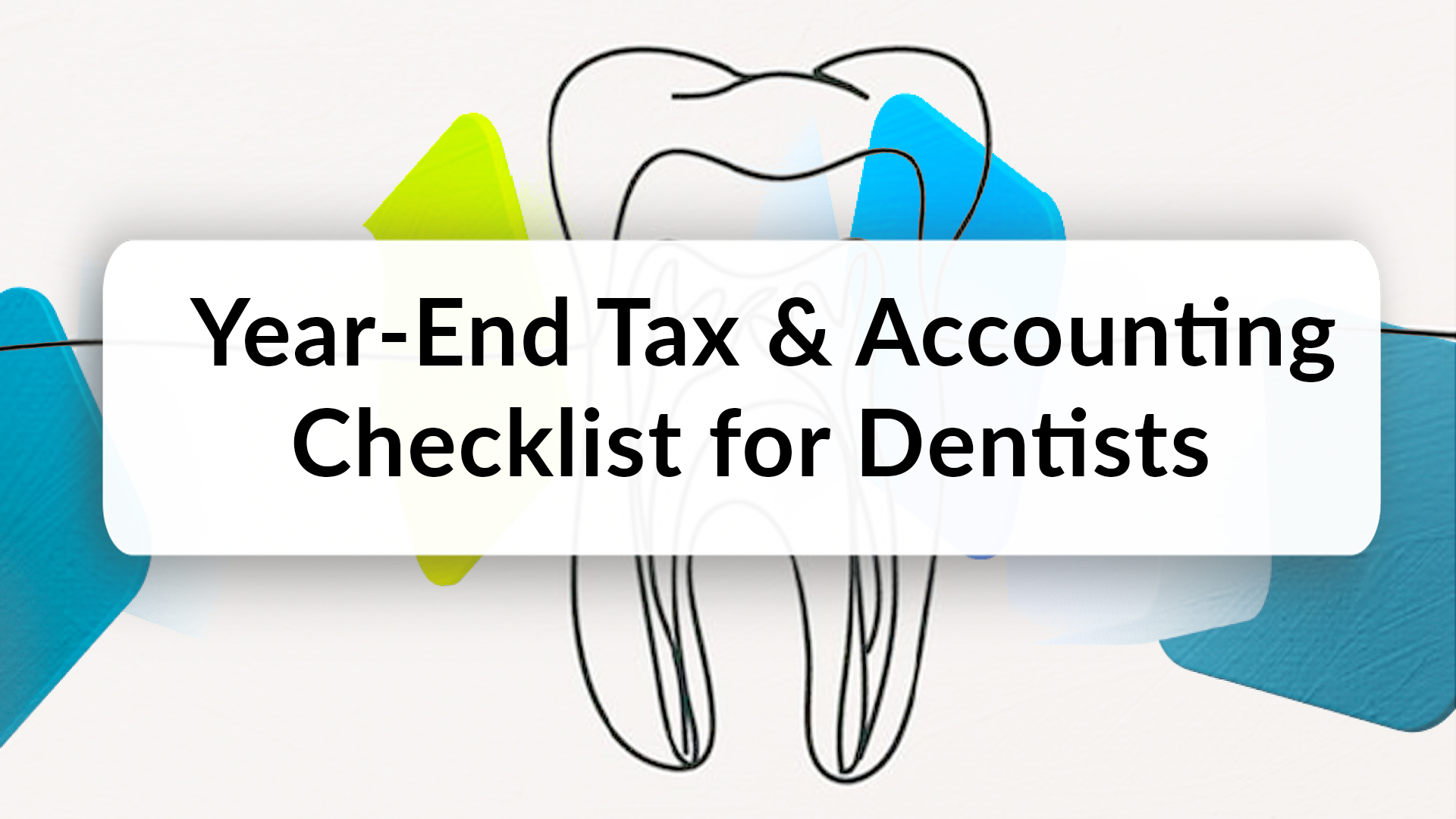Navigating the line between personal and business expenses can be a complex task. It’s a critical aspect of expense management, a key component of financial planning.
Misclassifying expenses can lead to legal implications. It can also distort the financial health of a business. Therefore, understanding the difference between personal and business expenses is crucial.
This article aims to provide insights into this intricate subject. It will delve into the legal criteria set by the IRS for deductible business expenses. It will also explore best practices for tracking and documenting expenses.
We will discuss strategies for maintaining clear financial boundaries. We will also touch upon the role of professional advisors in expense management.
By the end of this article, you will have a comprehensive understanding of how to navigate personal and business expenses effectively. This knowledge will empower you to optimize your expense management practices.
The Imperative of Expense Management in Business Operations
Expense management is a fundamental aspect of running a successful business. It involves the process of organizing, paying, and auditing employee-initiated expenses. These can range from office supplies to travel and entertainment.
Effective expense management can significantly impact a company’s profitability. It ensures that funds are being used efficiently and prevents unnecessary spending. Moreover, it provides a clear picture of the company’s financial health, aiding in strategic decision-making. Therefore, understanding the nuances of expense management is crucial for business owners and financial professionals.
Legal Implications of Misclassifying Expenses
Incorrectly categorizing personal and business expenses can lead to serious legal consequences. The Internal Revenue Service (IRS) has strict guidelines on what constitutes a deductible business expense. Misclassification can result in hefty fines, penalties, and in severe cases, legal action.
Moreover, it can trigger an audit, a process that can be time-consuming and costly for businesses. Therefore, maintaining a clear distinction between personal and business expenses is not just a good financial practice, but a legal necessity.
Defining Personal vs. Business Expenses
Understanding the difference between personal and business expenses is crucial for effective expense management. Personal expenses are costs related to personal needs or desires, such as groceries, rent, or personal travel. On the other hand, business expenses are costs incurred in the course of running a business. These can include office rent, employee salaries, and business travel.
- Budgeting and Cost: Ensure that the purchase aligns with the budget constraints of the business. Consider not just the upfront cost, but also any ongoing expenses such as maintenance, upgrades, or subscription fees.
- Quality and Reliability: Assess the quality and reliability of the product or service being purchased. Poor quality items can lead to frequent replacements or repairs, causing disruptions and additional costs.
- Compatibility and Integration: Ensure that the purchase is compatible with existing systems, processes, and infrastructure within the business. Compatibility issues can lead to inefficiencies and additional expenses to make things work together.
- Vendor Reputation: Research the reputation and track record of the vendor or supplier. Working with reputable vendors can mitigate risks such as delays, poor customer service, or product defects.
- Scalability and Future Needs: Consider the scalability of the purchase to accommodate future growth or changes in business needs. Investing in scalable solutions can help avoid the need for frequent upgrades or replacements.
- Regulatory Compliance: Ensure that the purchase complies with relevant laws, regulations, and industry standards. Non-compliance can result in fines, legal issues, or damage to the business’s reputation.
- Support and Maintenance: Evaluate the availability and quality of support and maintenance services offered by the vendor. Prompt support and maintenance can minimize downtime and ensure the smooth operation of the purchased item.
- Security and Data Privacy: Assess the security measures in place to protect sensitive data and information associated with the purchase. Inadequate security measures can expose the business to cybersecurity threats and breaches.
- Return on Investment (ROI): Analyze the potential return on investment of the purchase. Consider factors such as increased efficiency, productivity gains, cost savings, or revenue generation that the purchase may bring to the business.
- Environmental Impact: Consider the environmental impact of the purchase, such as energy consumption, waste generation, or carbon footprint. Opting for environmentally friendly options can align with corporate social responsibility goals and may also result in long-term cost savings.
IRS Criteria for Deductible Business Expenses
The IRS has specific criteria for what can be considered a deductible business expense. According to the IRS, a business expense must be both ordinary and necessary. An ordinary expense is one that is common and accepted in your trade or business. A necessary expense is one that is helpful and appropriate for your trade or business.
It’s important to note that the IRS does not consider lavish or extravagant expenses as necessary. Therefore, businesses must exercise caution and discretion when claiming deductions.
Best Practices for Tracking and Documenting Expenses
Effective expense management requires meticulous tracking and documentation of all business expenses. This not only ensures accurate financial reporting but also aids in tax preparation and compliance. Businesses should maintain detailed records of all transactions, including receipts, invoices, and bank statements.
Moreover, it’s crucial to categorize expenses correctly. This involves distinguishing between capital and operational expenses, direct and indirect costs, and fixed and variable expenses. Proper categorization aids in financial analysis and strategic decision-making.
Utilizing Expense Management Software
In today’s digital age, businesses can leverage technology to streamline their expense management processes. Expense management software can automate the tracking, categorizing, and reporting of expenses, saving time and reducing errors.
Such software often comes with features like receipt scanning, expense approval workflows, and integration with accounting systems. By adopting expense management software, businesses can ensure accurate, efficient, and compliant expense management.
Strategies for Maintaining Clear Financial Boundaries
Maintaining clear financial boundaries between personal and business expenses is crucial for effective expense management. This separation simplifies accounting, aids in tax preparation, and ensures compliance with tax laws. It also provides a clear picture of the business’s financial health, aiding in strategic decision-making.
Moreover, clear financial boundaries discourage the misuse of company funds for personal expenses. This not only prevents potential legal issues but also fosters a culture of fiscal responsibility within the organization.
Separate Accounts and Credit Cards
One practical strategy for maintaining clear financial boundaries is to use separate bank accounts and credit cards for personal and business expenses. This makes it easier to track and categorize expenses, and it reduces the risk of personal expenses being mistakenly claimed as business expenses.
Company Policy on Expense Management
Another effective strategy is to establish a company policy on expense management. This policy should provide clear guidelines on what constitutes a business expense, how to report expenses, and the consequences of misreporting. A well-defined policy can help prevent misunderstandings and ensure consistent expense management practices across the organization.
The Consequences of Audit Failures
Audit failures due to misclassified expenses can have serious consequences for businesses. These can range from financial penalties and back taxes to damage to the company’s reputation. In severe cases, it can even lead to legal action. Therefore, accurate expense management is not just a financial necessity, but a legal obligation.
Training and Compliance: Ensuring Accurate Expense Reporting
Training employees to accurately report expenses is crucial for effective expense management. This includes educating them on the difference between personal and business expenses, and the importance of proper documentation. Regular compliance checks can also help ensure that all expenses are correctly categorized and reported.
The Role of Professional Advisors in Expense Management
Professional advisors, such as accountants or financial consultants, can provide valuable guidance in managing business expenses. They can help establish effective expense management systems, ensure compliance with tax laws, and offer strategic advice on financial planning and budgeting. Their expertise can be instrumental in optimizing business finances and avoiding costly mistakes.
Conclusion: The Significance of Effective Expense Management
In conclusion, effective expense management is a critical aspect of running a successful business. It ensures financial stability, compliance with tax laws, and clear separation of personal and business expenses. By implementing robust expense management practices, businesses can optimize their financial health and pave the way for sustainable growth.
Written By:
Margaret Rizzo
Client Advisory Manager | Sasseti LLC





